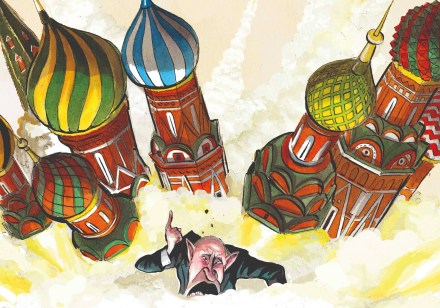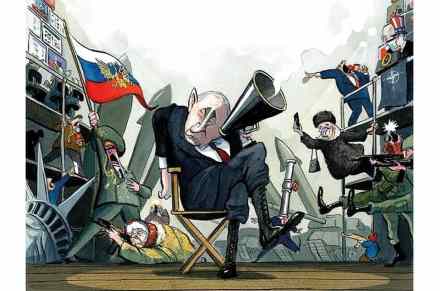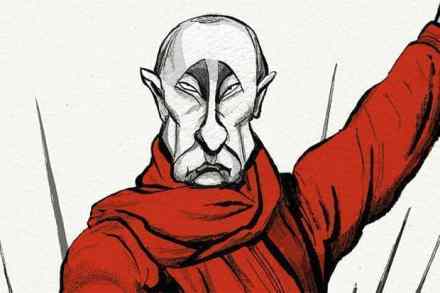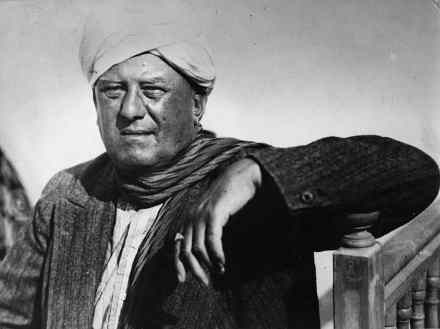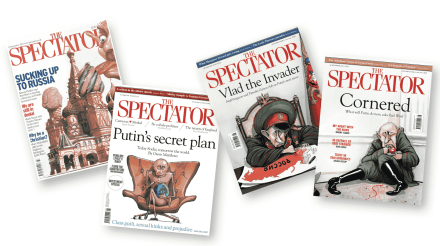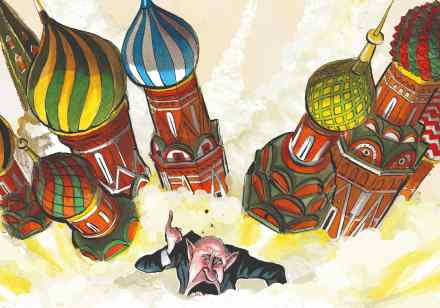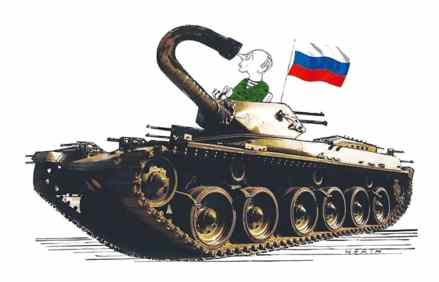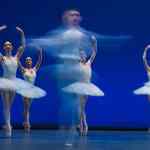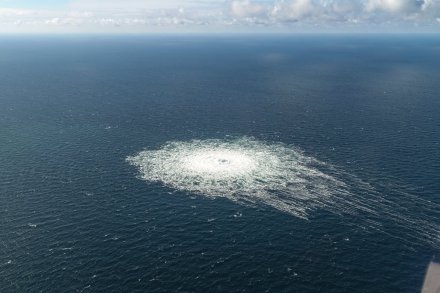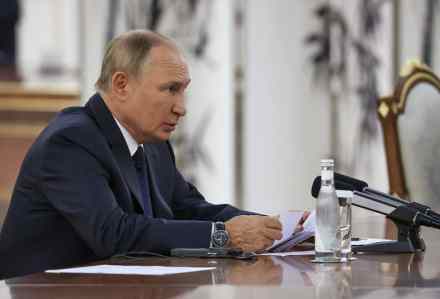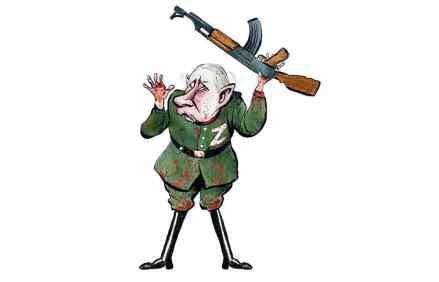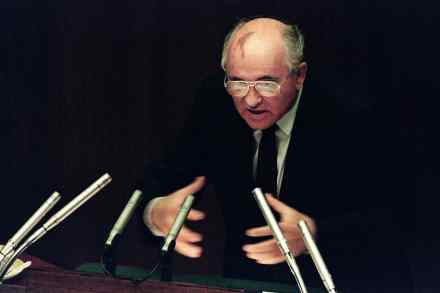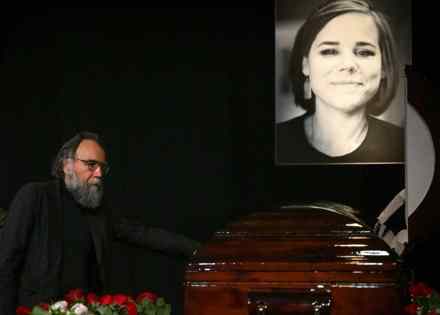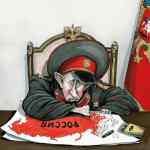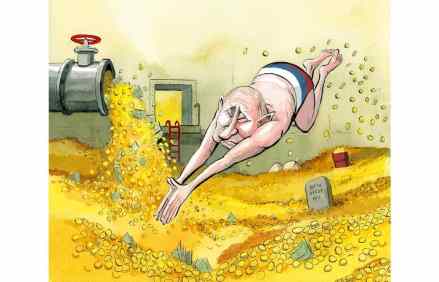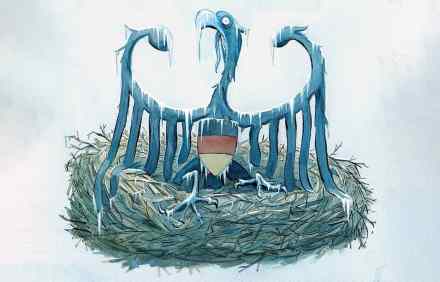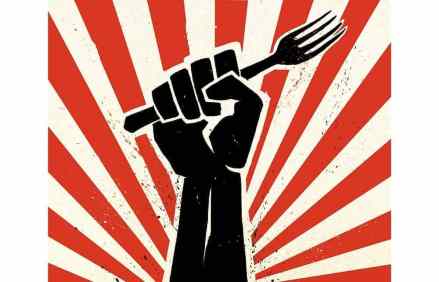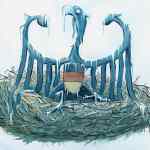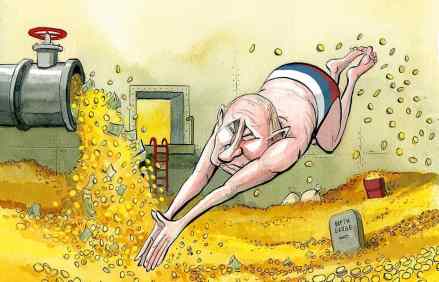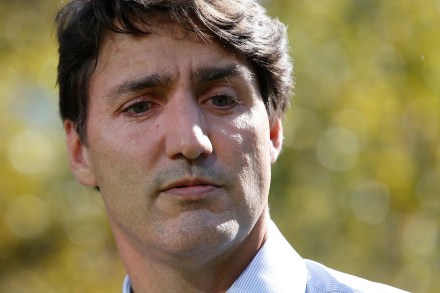Is Putin preparing a nuclear strike?
Russia is peddling implausible tales of Ukrainian ‘dirty bombs’. Kyiv and the West are embarked on a campaign to counter this propaganda, and again the talk is of the risk of Moscow using weapons of mass destruction in Ukraine. And that’s the point. First of all, Russian Defence Minister Sergei Shoigu broke months of relative silence – with the West, at least – and called his British, American, French and Turkish counterparts. His main message was to assert, with no evidence in support of his claims, that Kyiv was preparing to use a dirty bomb. This is a conventional munition, around which is packed radioactive materials, which is dispersed when
